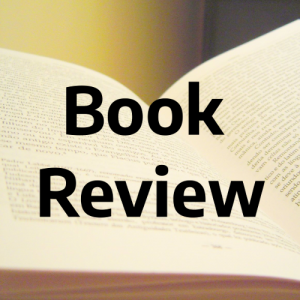Description
Transfiguring Capitalism: An Enquiry into Religious and Global Change
by John Atherton
reviewed by Stuart Weir
Transfiguring Capitalism (TC) is not a theology of work but rather a broad-ranging political theology.
It begins by charting the interrelations and distinctions between three identifiable cords: (i) empire, (ii) capitalism, and (iii) globalisation. Capitalism is defined as something distinct from the free market even if the two can pair up. Atherton’s critiques of capitalism are nuanced, relevant and provide a diagnosis of the ills of unbridled capitalism. Globalisation is understood as the ‘operating context’ in which both Empire (politics) and Capitalism (economics) find themselves today.
Religions are reformulating themselves globally and are not disappearing. TC rightly draws attention to the growing rate of the Church in the Southern hemisphere as opposed to the shrinking equivalent in the North. This is demonstrated by the ever-increasing Roman Catholic Church which has one sixth of the world’s population among its adherents. Furthermore, Pentecostalism, Mormonism and a spreading Islam all demonstrate that religion is a key player amidst discussions of Globalisation, Capitalism and Empire.
In acknowledging religion’s impact on globalisation, Atherton also calls for the reality of ‘social capital’ to be recognised. ‘Social capital is a recognition of the importance for human existence of constructive relationships resourced by associations, networks, norms and sanctions.’ (p.87) Without relationships continually being fostered at all levels ‘interrelational interconnectivity’ will dissolve. The relational levels TC speaks of are: financial, physical, social, human, institutional, natural, cultural and faithful. All this precedes Atherton’s key notion – economic anthropology. Human behaviour and the field of economics are often discussed separately but Atherton insists that this is overcome so that the two are integrated. Only then can a coherent Christian social ethic be developed.
In Part 2 TC unpacks the ‘Religious Contribution’ to globalisation by making use of the ‘happiness hypothesis’. Using several models that analyse human ‘happiness’, Atherton ultimately wants to make a strong case for the link between “economy and well-being” (p.127). Atherton’s intention here is also to assert that religion fosters a morality that shows regard and grace for the other – something that the secular alone cannot provide.
The second chapter on the ‘Religious Contribution’ investigates how religion contributes added value to well being. Atherton insists that faithbased organisations (FBOs) contribute towards faithful capital – non-tangible capital that those of faith can bring to the global table. By way of illustration Atherton uses Muslim InterestFree Banks and Fair Trade equity as measured examples of how faith adds value to economics.
Part 3 of TC is a collection of ‘matters’ that emerge from the deep groundwork of Parts 1 & 2. Atherton admits that his ideas require examination for repair or rebuttal. A theological anthropology is the first ‘matter’ to be addressed. Spiritual Capital is one value that faith adds to the political economy. Without a metanarrative that only religions can provide, how can good ethics be integrated into engagement with capitalism? This is one thing of which only religion can boast. Following Zizoulas, Atherton suggests (all too briefly) a social trinitarianism to which humanity can respond…




